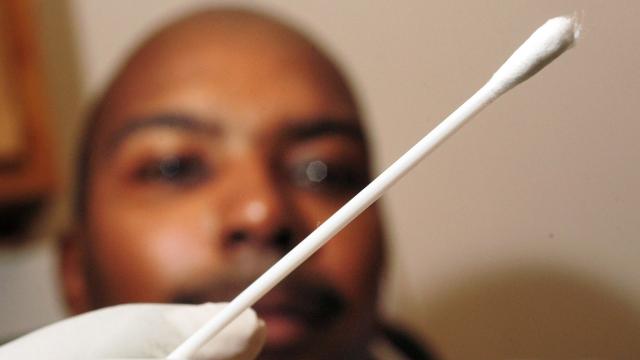A new study this month is the latest to suggest that our genes really don’t do much to predict our health, at least most of the time.
The study, published in PLOS One, is a review of the science surrounding genome-wide association studies (GWASs). These are studies that look at the genes of thousands, even millions of people at once in order to see whether any of our most common variations, called single nucleotide polymorphisms (SNPs), are linked to the emergence of a medical condition or trait.
Lots of SNPs, or genetic markers, have been singled out as risk factors for hundreds of diseases and aspects of our humanity. But as Gizmodo has reported before, our genetics tend to only have a tiny influence on why you might develop something like type 2 diabetes or heart disease—much more important are our environments and lifestyle habits.
The authors behind this new study wanted to better quantify the influence of genetics on health, as well as how this influence compares to other markers and predictors of health, like the proteins found in our blood or our metabolism. They devised a new model to analyse publicly available data from over 500 GWASs covering over 200 medical conditions.
Some conditions, like Crohn’s disease, were heavily impacted by genetics, according to their model, with genes accounting for up to 50 per cent of a person’s risk of developing it. But across the board, these markers often have little predictive power, even when combined, the authors found.
“Simply put, DNA is not your destiny, and SNPs are duds for disease prediction,” said study author David Wishart, a biologist and researcher at the University of Alberta in Canada, in a statement released by the university. “The vast majority of diseases, including many cancers, diabetes, and Alzheimer’s disease, have a genetic contribution of 5 to 10 per cent at best.”
That’s not to say that the connection between our health and genes isn’t worth continuing to study. New important genetic causes for various illnesses are being discovered all the time, and in the future, we’ll likely better understand how genes interact with lifestyle factors like diet and our environment. But for now, you should remain sceptical of companies trying to sell you a genetic horoscope of your future using these markers.
“The bottom line is that if you want to have an accurate measure of your health, your propensity for disease or what you can do about it, it’s better to measure your metabolites, your microbes or your proteins—not your genes,” said Wishart. “This research also highlights the need to understand our environment and the safety or quality of our food, air, and water.”
